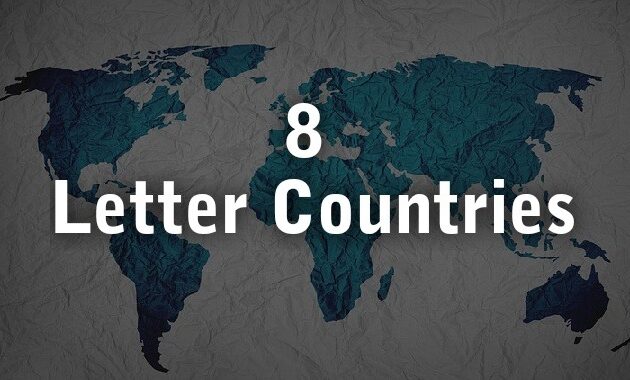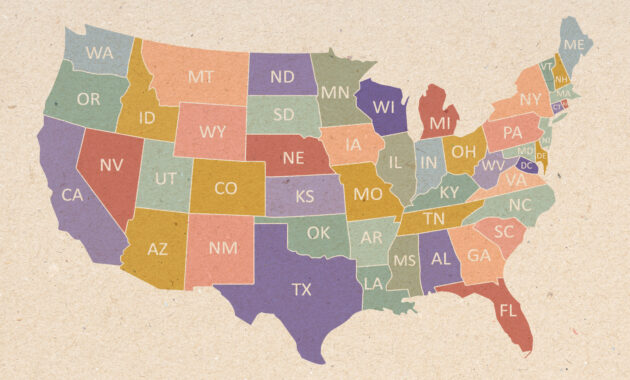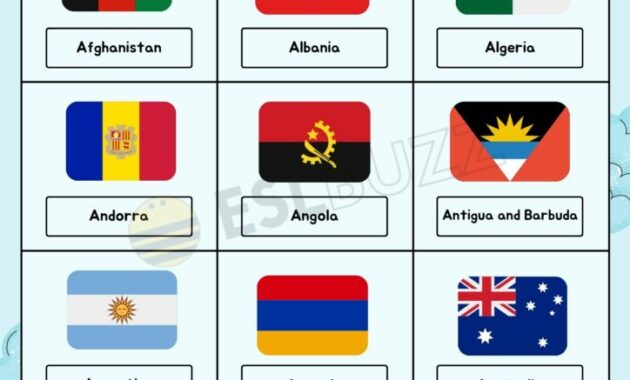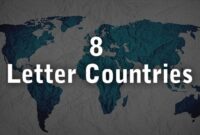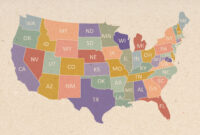Alright folks, let’s talk about something that’s been on a lot of minds lately: international relations, specifically concerning alliances and where different countries stand. It’s a complex world out there, and understanding the nuances of these partnerships is crucial for staying informed. We’ll delve into two key scenarios related to this topic – one where a country *isn’t* a member of a major alliance, and another where a country has just joined. Let’s get started, shall we?
Why Switzerland Remains Neutral: A Deep Dive

Switzerland. The land of chocolate, watches, and… neutrality. For centuries, Switzerland has cultivated a policy of non-alignment, refusing to participate in armed conflicts or enter into military alliances. This isn’t just a recent development; it’s a deeply ingrained part of their national identity and foreign policy. But why? What are the historical and political factors that have shaped this steadfast commitment to neutrality? Let’s unpack it.
One of the primary reasons for Switzerland’s neutrality lies in its history. The Swiss Confederation, as it was once known, was formed in the late 13th century by cantons seeking to defend themselves against Habsburg rule. Over time, this loose alliance evolved into a more unified state, but the principle of maintaining independence and avoiding entanglement in the conflicts of other European powers remained paramount. The Treaty of Westphalia in 1648, which formally recognized Swiss independence from the Holy Roman Empire, solidified this commitment to neutrality on the international stage. In other words, their neutrality is centuries in the making; a deeply entrenched part of their identity.
However, it’s not simply about historical inertia. Switzerland sees its neutrality as serving several important practical purposes. First and foremost, it allows the country to act as an impartial mediator in international disputes. Because Switzerland is not aligned with any particular bloc, it is often seen as a credible and trustworthy venue for peace talks and negotiations. Think of the Geneva Conventions, which were negotiated and signed in Switzerland, or the various international organizations that are headquartered in Geneva, such as the World Health Organization and the International Committee of the Red Cross. These institutions thrive in Switzerland precisely because of its neutral stance.
Furthermore, neutrality is seen as a way to safeguard Switzerland’s own security and independence. By not taking sides in conflicts, Switzerland avoids becoming a target for aggression. Of course, this doesn’t mean that Switzerland is defenseless. The country maintains a well-equipped and highly trained military, primarily for defensive purposes. The Swiss army’s citizen militia system, where most able-bodied men are required to serve in the military, is a testament to their commitment to self-defense. It’s a case of “we’ll protect ourselves, but we won’t go looking for trouble.”
Economically, neutrality has also been beneficial to Switzerland. By remaining outside of major trading blocs and alliances, Switzerland has been able to maintain its own independent trade policy, allowing it to forge relationships with countries across the globe. This has contributed to Switzerland’s economic prosperity and its reputation as a hub for international finance. It’s about playing the field to their own advantage, strategically positioning themselves for optimal economic gain.
So, while many other European countries are members of NATO, Switzerland has consistently chosen a different path. This isn’t to say that Switzerland is isolationist or detached from the rest of the world. On the contrary, Switzerland is deeply engaged in international affairs through its participation in various international organizations and its commitment to humanitarian aid and development assistance. However, it does so on its own terms, guided by its centuries-old tradition of neutrality.
Sweden Joins NATO: A New Era for Nordic Security
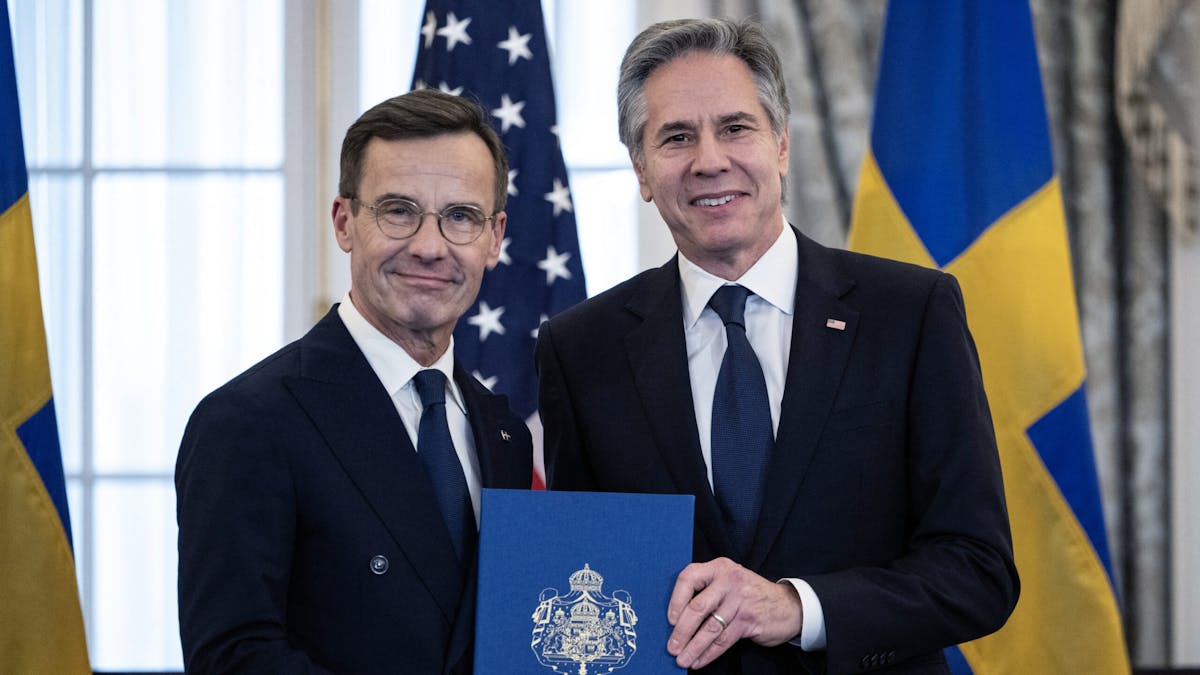
Now, let’s shift our focus to the other side of the spectrum: a country that has recently made the decision to join a major military alliance. Sweden’s accession to NATO represents a significant shift in the geopolitical landscape of Northern Europe and a departure from its own long-standing policy of neutrality. For decades, Sweden, like Switzerland, maintained a non-aligned stance, but the Russian invasion of Ukraine in 2022 prompted a dramatic reassessment of its security situation. What led to this change of heart, and what are the implications for Sweden and for NATO?
The primary driver behind Sweden’s decision to join NATO was, without a doubt, the war in Ukraine. The unprovoked aggression by Russia shattered the sense of security that had prevailed in Europe for decades and forced Sweden to confront the reality of a more dangerous and unpredictable world. The realization that neutrality might not be sufficient to deter potential aggression from a resurgent Russia led to a rapid shift in public opinion and political consensus in favor of NATO membership.
It’s important to note that Sweden’s decision to join NATO was not taken lightly. There was a long and often contentious debate within Swedish society about the pros and cons of membership. Some argued that joining NATO would compromise Sweden’s independence and drag it into conflicts that were not in its national interest. Others worried about the potential for increased military spending and the impact on Sweden’s traditionally pacifist foreign policy. However, in the end, the overwhelming majority of Swedes came to believe that the benefits of NATO membership, particularly in terms of enhanced security and collective defense, outweighed the risks.
Sweden’s accession to NATO strengthens the alliance in several ways. First, it adds a militarily capable and strategically located country to the alliance. Sweden has a modern and well-equipped military, including a strong air force and navy, and it controls key territory in the Baltic Sea region. This will enhance NATO’s ability to deter aggression and respond to threats in Northern Europe. It’s an infusion of fresh strength and strategic positioning.
Furthermore, Sweden’s membership in NATO will deepen security cooperation between the Nordic countries. For years, Sweden and Finland, which also recently joined NATO, have worked closely together on defense and security issues. Their membership in the alliance will formalize and strengthen this cooperation, creating a more cohesive and integrated security architecture in the region. This means more streamlined responses and a united front when facing potential threats.
However, Sweden’s accession to NATO also presents some challenges. It has strained relations with Russia, which views NATO expansion as a threat to its own security. Russia has warned of “retaliatory measures” in response to Sweden’s membership, although the exact nature of these measures remains unclear. It’s a delicate balancing act, navigating the complexities of international relations in a changed landscape.
Ultimately, Sweden’s decision to join NATO reflects a pragmatic assessment of its security interests in a changing world. While neutrality served Sweden well for many years, the Russian invasion of Ukraine demonstrated the need for a more robust and collective approach to defense. Sweden’s membership in NATO marks a new chapter in its history and a significant development in the evolving security landscape of Europe. It’s a clear signal of commitment to collective security and a recognition of the importance of standing together in the face of common threats.
So there you have it – two different paths, two different stories, but both driven by the same underlying concerns: security, independence, and the pursuit of national interests in a complex and ever-changing world. Whether it’s maintaining neutrality or joining a powerful alliance, the choices countries make about their foreign policy reflect their unique histories, values, and strategic considerations. Keeping up with these shifts and understanding the reasoning behind them is key to navigating the international landscape.
If you are looking for EXPLAINED: Why isn’t Switzerland in NATO? you’ve came to the right place. We have 5 Pics about EXPLAINED: Why isn’t Switzerland in NATO? like Switzerland–NATO relations – Wikiwand, NATO Officially Adds New Member State and also NATO Officially Adds New Member State. Read more:
EXPLAINED: Why Isn’t Switzerland In NATO?

www.thelocal.ch
EXPLAINED: Why isn’t Switzerland in NATO?
Switzerland–NATO Relations – Wikiwand

www.wikiwand.com
Switzerland–NATO relations – Wikiwand
NATO Secretary General Stresses Value Of Partnership With Switzerland
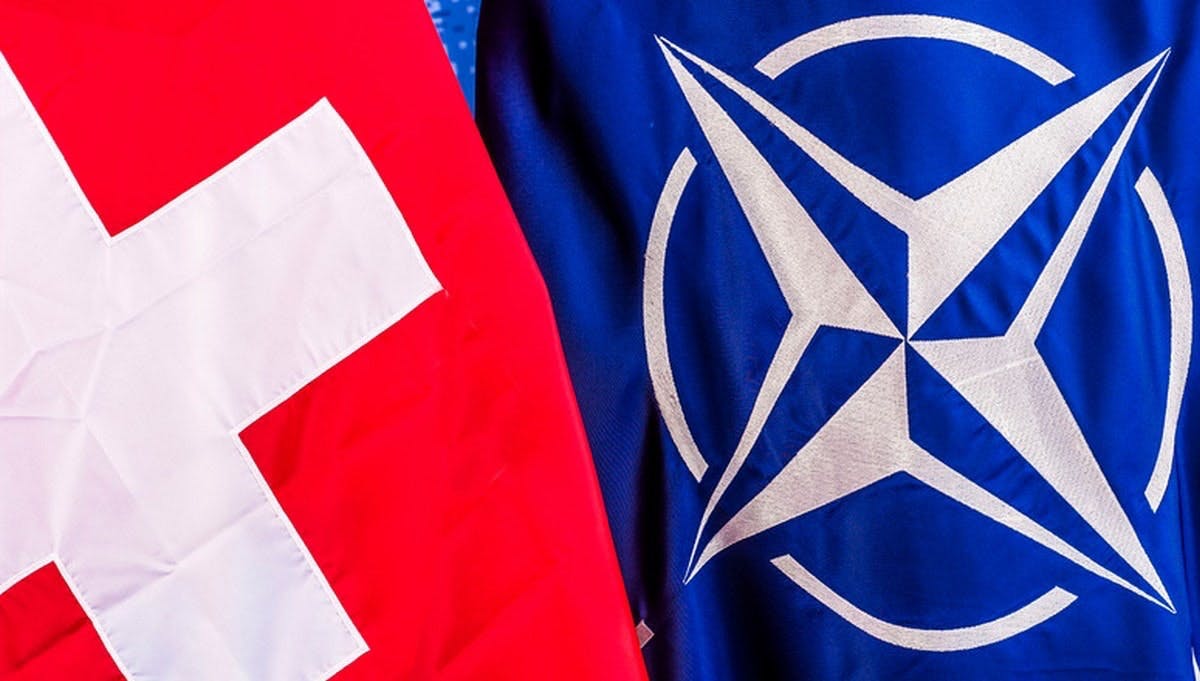
ukdefencejournal.org.uk
NATO Secretary General stresses value of partnership with Switzerland
After Long Tussle, Sweden To Become NATO Member

www.latintimes.com
After Long Tussle, Sweden To Become NATO Member
NATO Officially Adds New Member State

www.dailywire.com
NATO Officially Adds New Member State
Nato officially adds new member state. Explained: why isn’t switzerland in nato?. nato officially adds new member state





